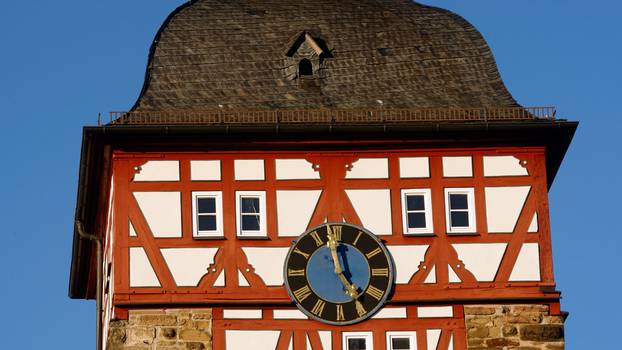winery
Württemberg wine is our passion. Since 1510
We look back on a long tradition of winemaking which has prevailed since 1510. Situated in the heart of Württemberg between Heilbronn and Ludwigsburg, we produce wine in and around Bo?nnigheim in the twenty-first generation. Yet, things have changed a lot in the course of 500 years...
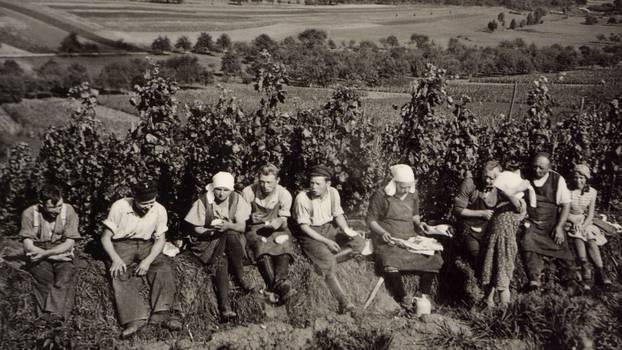
Ernst Dautel
Hardly had Ernst Dautel graduated from Geisenheim University, when he left the local cooperative. This was quite an affront as his father had been a founding member. But Ernst Dautel had realized the enormous potential of his vineyards and wanted to produce great wines equal to those he had tasted during his journeys in Italy and France.

Breaking new ground...
Back in 1985 Ernst Dautel started maturing his best red wines in barrique barrels. He blended wines in region proud of its single-varietal wines and fought for the permission to plant Chardonnay vines. At that time nobody would have imagined, that this style of wine would play a decisive role in shaping the new Wu?rttemberg top wines. Ernst Dautel’s striving for authentic wines of the highest quality advanced our estate significantly and influences our work greatly to this date.
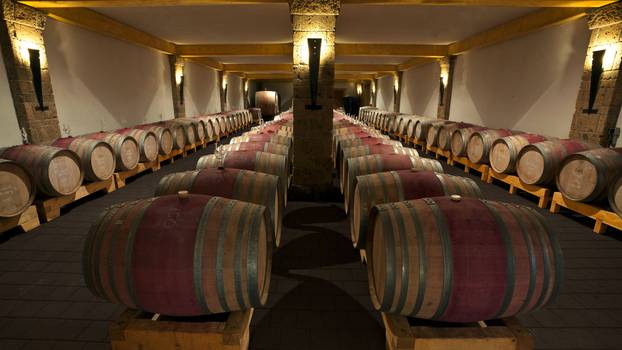
Always keeping pace with the times...
While studying at the Universities of Geisenheim and Bordeaux, Christian Dautel explored the key locations where oustanding wines are produced. During several internships, he gained experience in South Africa, the U.S.A., Australia, Austria and France for example at the estate of Austrian expert for biodynamic viticulture Franz Weninger or with one of the best Chardonnay producers worldwide – Domaine des Comtes Lafon. It’s there, where he received new fresh impetus for his estate. Focussing on his own tradition and unique regional identity, he does not change more than necessary at home.
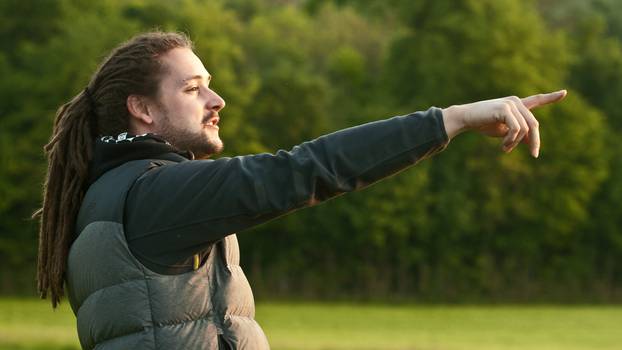
Shell limestone and keuper
The basis of our wines are the vineyards: In our appellations Wurmberg, Forstberg, Michaelsberg and Sonnenberg the vines grow on shell limestone and keuper. These soils emerged 200 million years ago during the Triassic period. When planting vines, we always take diverse soil characteristics and the different microclimates into consideration.
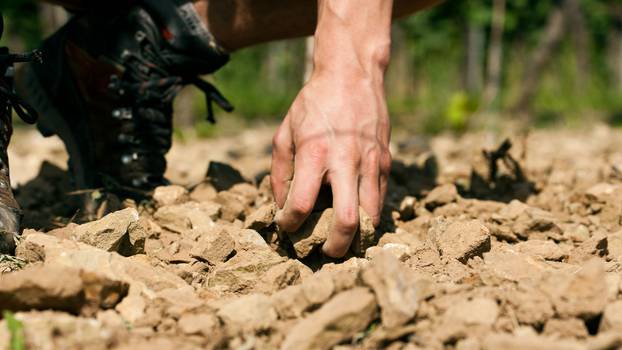
In the vineyard
Our pursuit of excellence is based on a strictly quality-oriented work in the vineyards. We cultivate our vineyards according to controlled environmentally sound viticultural practices as close to nature as possible. Greening soil between vine rows and using beneficial species increases biodiversity and stabilises the ecological system. In addition, we only fertilize organically which results in balanced growth and healthy grapes. All vineyards are harvested by hand with grapes extremely critically selected. This involves several harvesting rounds in each vineyard. Top-quality wines are the result of these efforts.
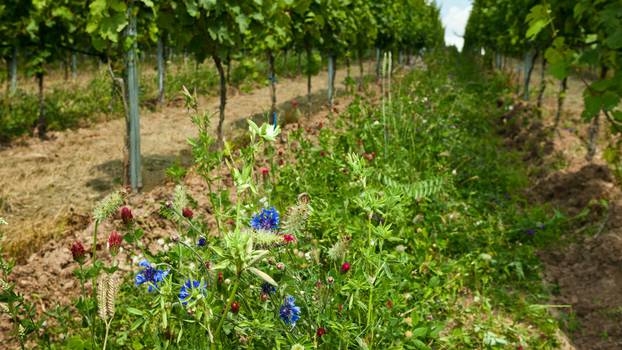
Hannelore Dautel
Whoever visits the estate to taste wines will meet Hannelore Dautel. Christian’s mother is the good soul of the winery and is in charge of the in-house shop and the tastings. When she founded the estate together with her husband in the late 70s, several vineyards originated from her family.
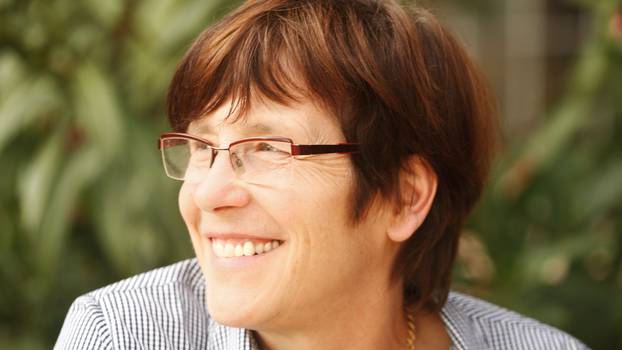
Good wood...
Christian likes to use slightly bigger oak barrels than usual. His goal is to put emphasis on the grape variety and the vineyard the wine originates from rather than masking the wine with dominant aromas of wood. Structure and complexity of the wine determine the maturation period in the casks. Lemberger, Pinot noirs and red cuvees with moderate use of wood barrels are his specialty. Dry Riesling and full-bodied, mineral Pinot blancs are his passion. The overall goal is to elaborate an elegant, complex wine with a great potential for ageing.
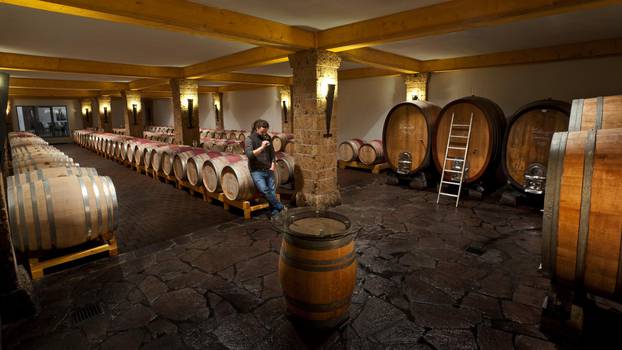
The German elite
Admitted as member of VDP, the Association of German Quality Wine Estates, in 1999, Ernst Dautel’s accomplishments gained wide recognition. With numerous prizes like the reknown German Red Wine Prize (Deutscher Rotweinpreis), and entries in Hugh Johnson’s standard wine guides, in the monumental wine book „ Wein spricht Deutsch“ by Stuart Pigott, and Stephan Reinhardt’s „The Finest Wines of Germany“ together with top ratings in the German wine guides „Gault Millau Wine guide“ and “Eichelmann – Germany’s wines“ for many years Christian and Ernst Dautel’s meticulous work is honoured.
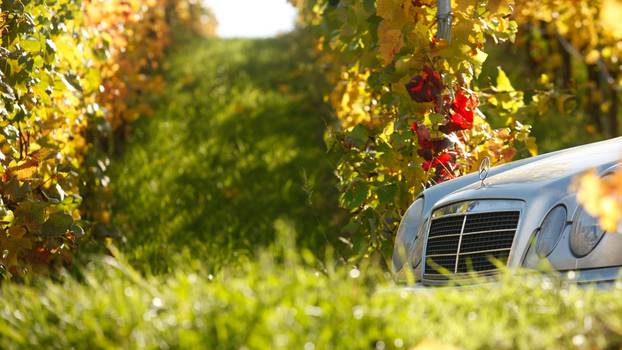
Wine town Bönnigheim
From far away you can see the town of Bo?nnigheim with its seven towers and a city wall dating back to the 13th century. That’s our home! Here viticulture has been known since the 8th century. The ancient town was governed by four different noble families, the so-called “Ganerben“, resulting in terrible feuds and destruction and the curious fact that each town borough had its own wine press. These facilities, like the old “Neipperger Kelter”, with their massive wooden beams made of local oak illustrates the longstanding tradition of winemaking in Bönnigheim.
